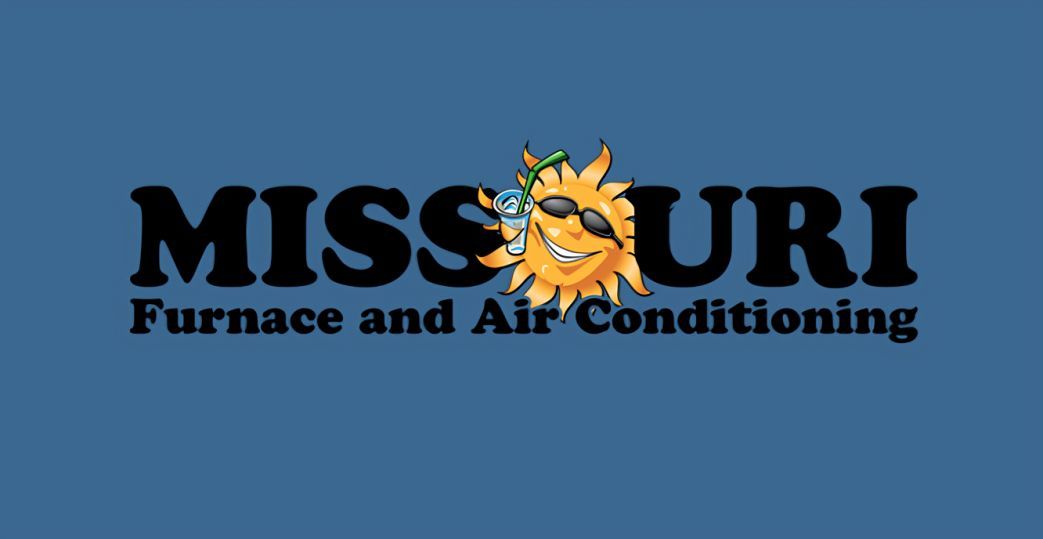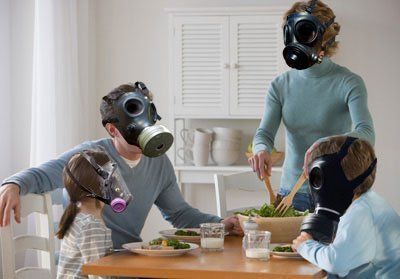Blog Layout
Tips for Better Home Indoor Air Quality
Admin • August 31, 2022

Since most people spend the majority of their time indoors, good indoor air quality is important to good health.

- Invest in good, quality air conditioning filters and air purifiers. Pleated electrostatic air filters and HEPA filters with a MERV rating of 8 or higher will be more efficient at cleaning your indoor air than standard panel fiberglass filters. Though they are more expensive, it is worth the money you’ll save in heating and cooling costs and the maintenance and repair of your HVAC system. Good furnace filters will remove small particle examples dirt, dust mite debris, mold spores, pollen, pet dander, lint, smoke and more.\
- Use natural, eco-friendly cleaning products. Vinegar, lemon, and baking soda can be used to make homemade, inexpensive and effective cleaning solutions. Non-toxic cleaning products are also available for purchase in stores.
- Clean, dust and vacuum regularly. This may sound like common sense, but it makes a huge differences in the quality of your indoor air, especially if you suffer from allergies related to dust mites, pollen or lint. Carpets easily trap indoor air contaminants. A HEPA vacuum filter will be more efficient at capturing these unwanted particles. Also, make sure to replace your vacuum filters, bags, and belts regularly, to improves suction and lengthen the life of your vacuum cleaner. Clean bathroom and also kitchen surface, and wash all bedding in hot water, at least once a week.
- Use the hood vent above the stove while cooking, to reduce smoke and odor. This is one thing most people neglect. While cooking, smoke and odors from the food travel throughout the kitchen and eventually throughout the rest of your home, settling on furniture, walls and carpet. The microwave and hood range vents above your stove are meant to capture these airborne particles and should be turned on before cooking, and left on, during and after the cooking process until the air is sufficiently clear. If you do start using these events regularly, make sure also to clean and change the filters when necessary.
- Maintain optimal temperature and humidity with a programmable thermostat and humidifier. A programmable thermostat is a little more expensive than a standard one, but it can save you up to 33 percent a year in heating and cooling costs. Some can optimize the humidity levels in your home, as well. Humidity could stay between 40 and 50 percent. Too much moisture in the air can end in mold growth.
- Get a few indoor plants. Some indoor plant work as natural air purifiers.
- Burn candles sparingly, if at all; use non-toxic room deodorizers and avoid tobacco smoke. If you do smoke, it is best to do so outside. Candles and room deodorizers can also emit toxic fumes and smoke that is harmful to the lungs. Use flameless, wickless plugin candles with naturally flavored wax, whenever possible. Gas fireplaces and stoves should be checked yearly for emissions.
- Leave shower doors and curtains open after showering. Closing them retains moisture inside your shower, leading to mildew and mold growth. Breathing it in is harmful to the lungs. If your bathroom is carpeted, instead of tiled, you run a higher risk of mold infection. Wipe down the walls of your shower to further reduce moisture. Make sure there are no plumbing leaks anywhere in your home, and that the area under all sinks is consistently dry.
- Invest in eco-friendly furnishings. Pressed wood, coated with polyurethane finish will not emit formaldehyde. Make sure draperies and floor tiles are asbestos and formaldehyde-free. Hardwood floors are also much safer than wall-to-wall carpet which easily traps pollutants inside the home. Non-upholstered furniture is also less likely to absorb harmful pollutants and is easier to clean. Avoid lead-based paint.
- Do not leave the car running in the garage, even if it’s open.
Carbon monoxide can easily seep through walls and doors and is toxic to your health and fatal in large doses.
Browse Our Website
Contact Information
Phone:
Address:
13756 Shoreline Dr. Earth City, Mo 63045
Office Hours:
- Mon - Fri
- -
- Sat - Sun
- Closed
24/7 Emergency HVAC Services
Content, including images, displayed on this website is protected by copyright laws. Downloading, republication, retransmission or reproduction of content on this website is strictly prohibited. Terms of Use
| Privacy Policy
